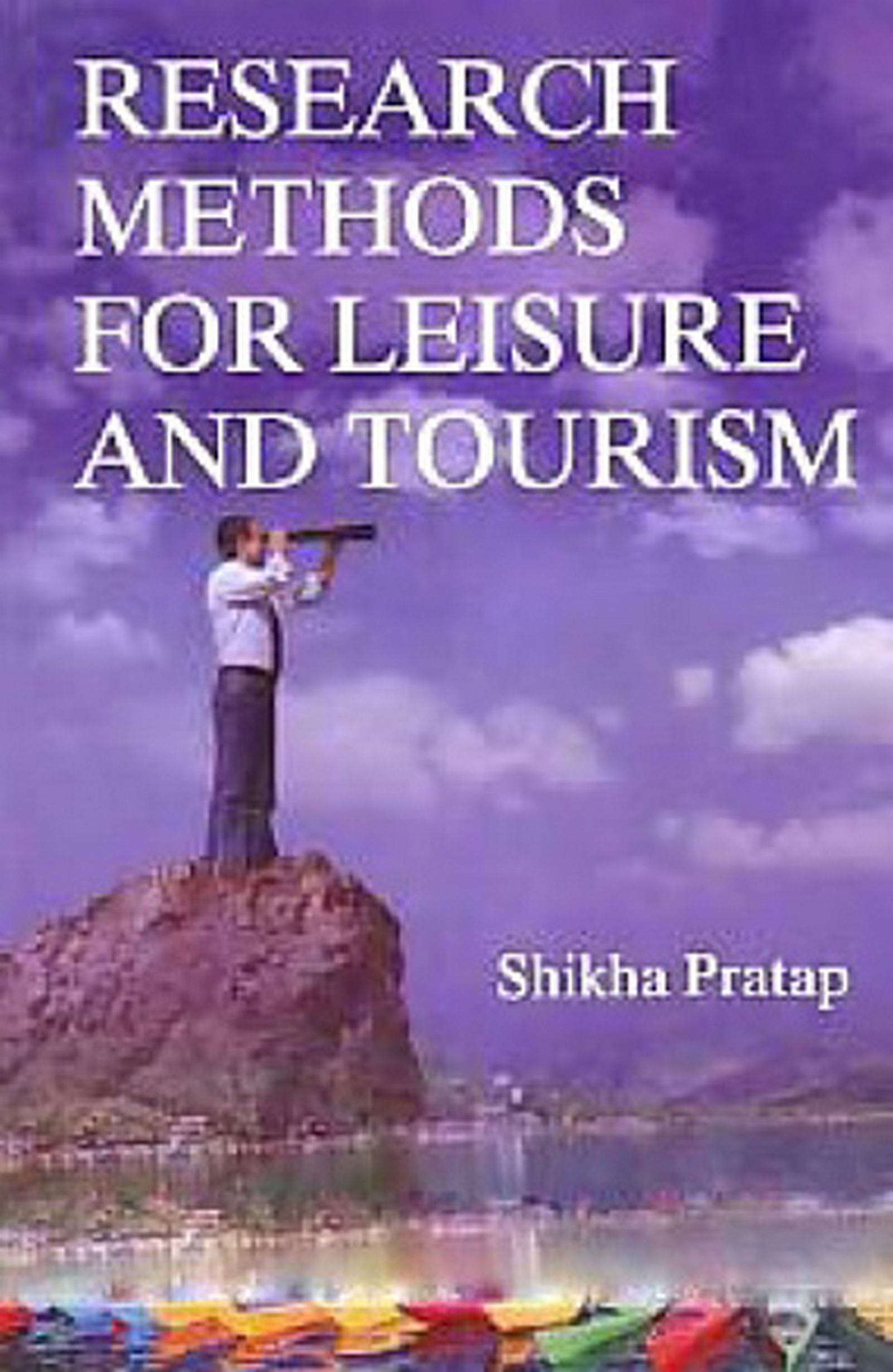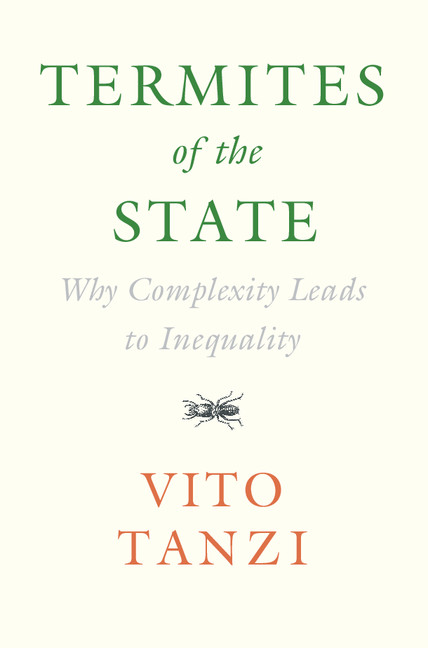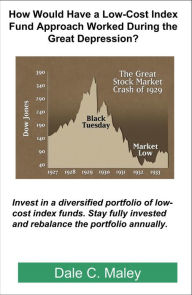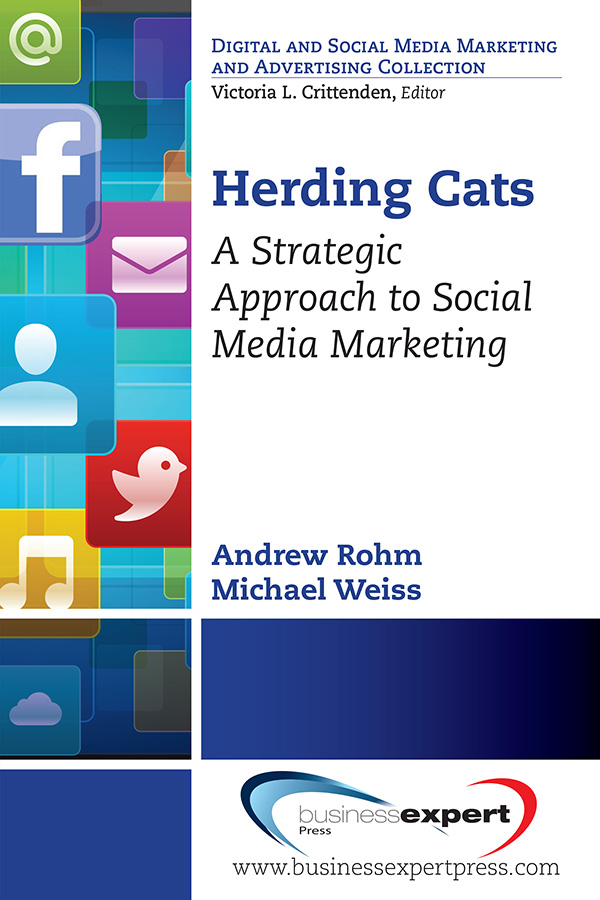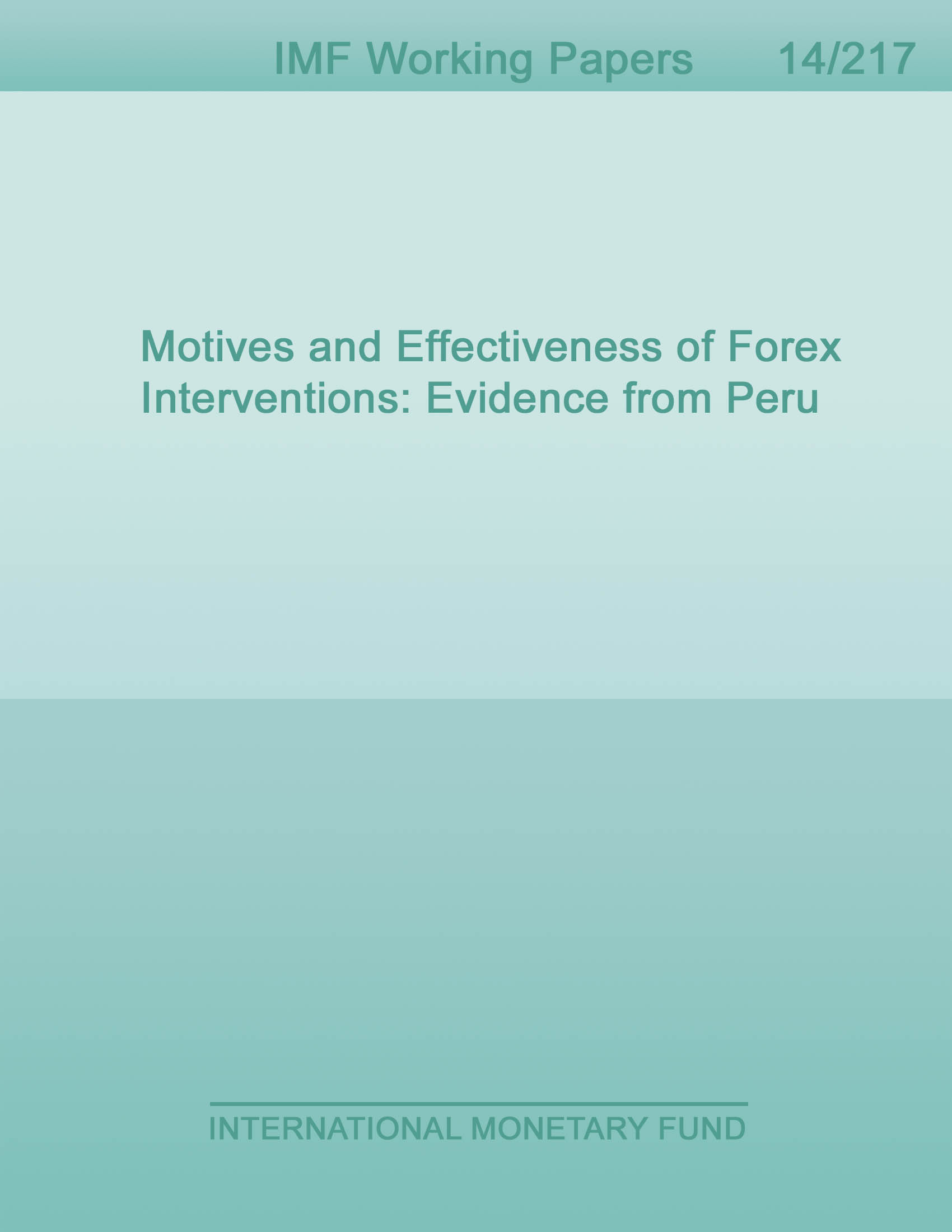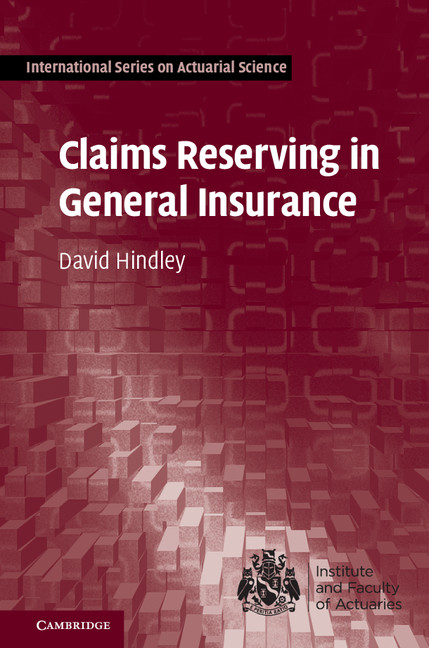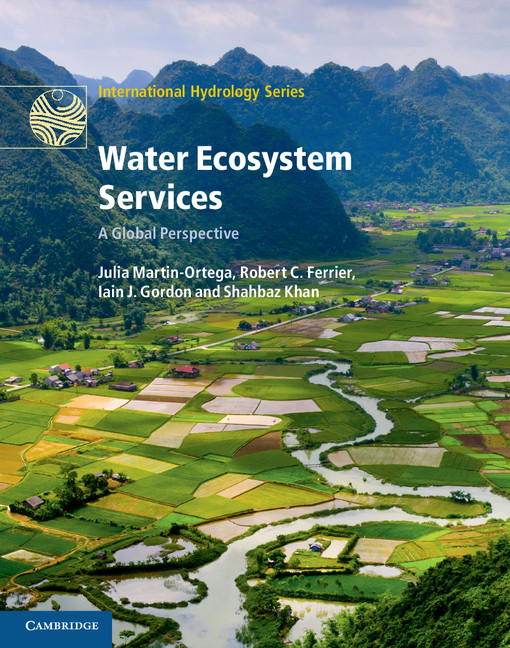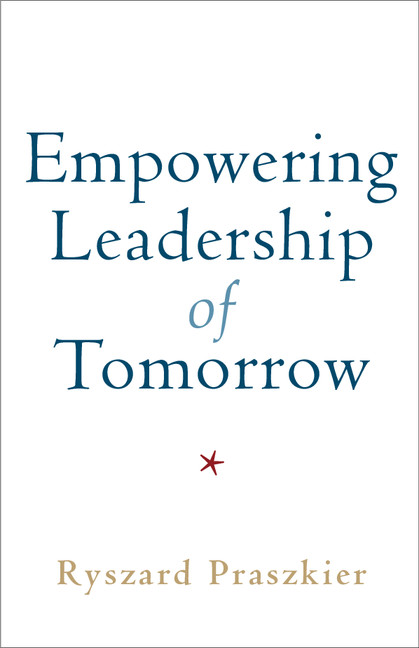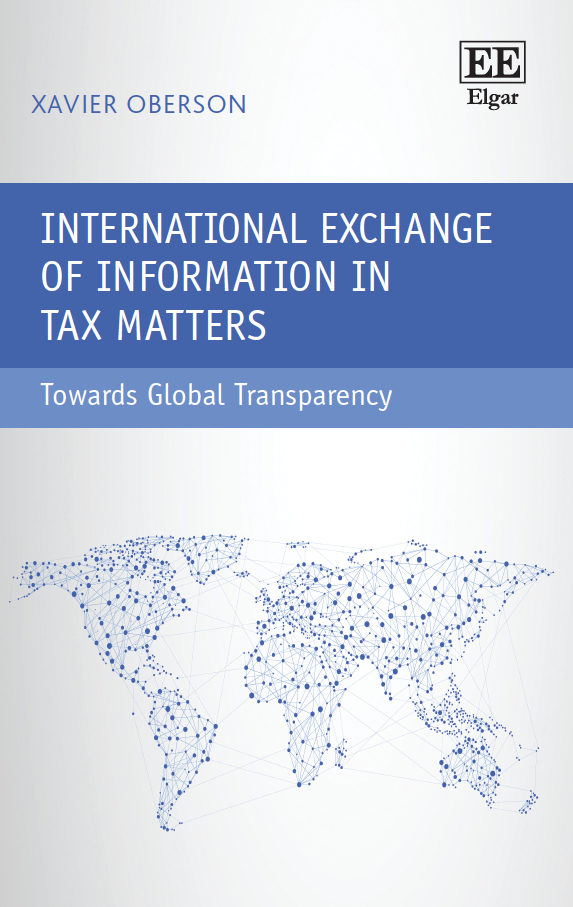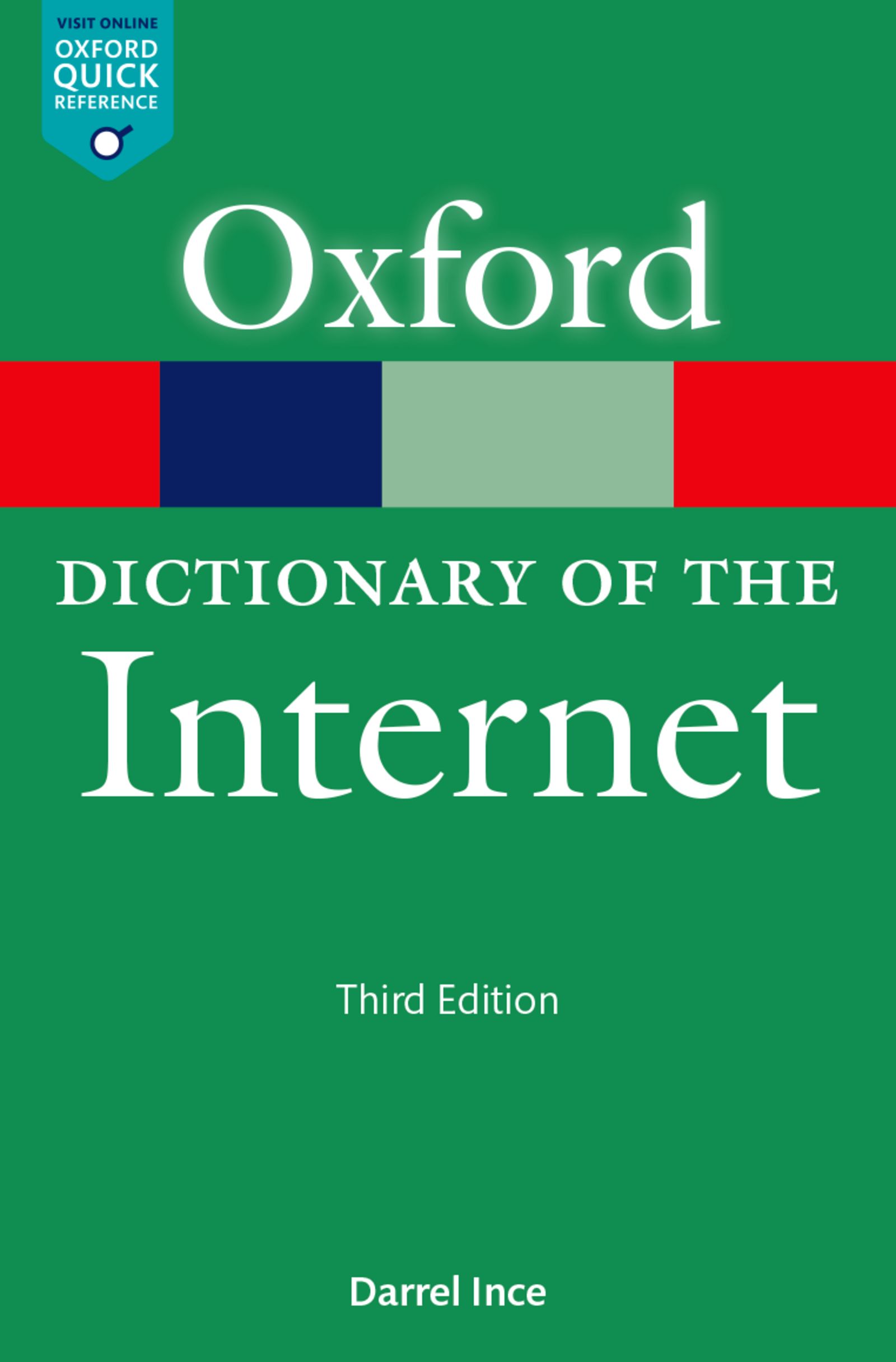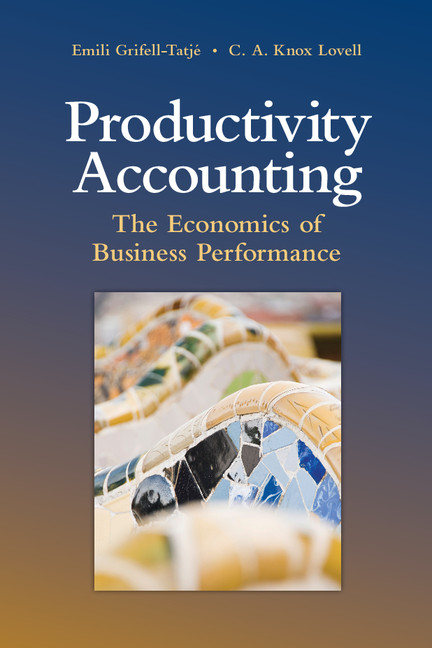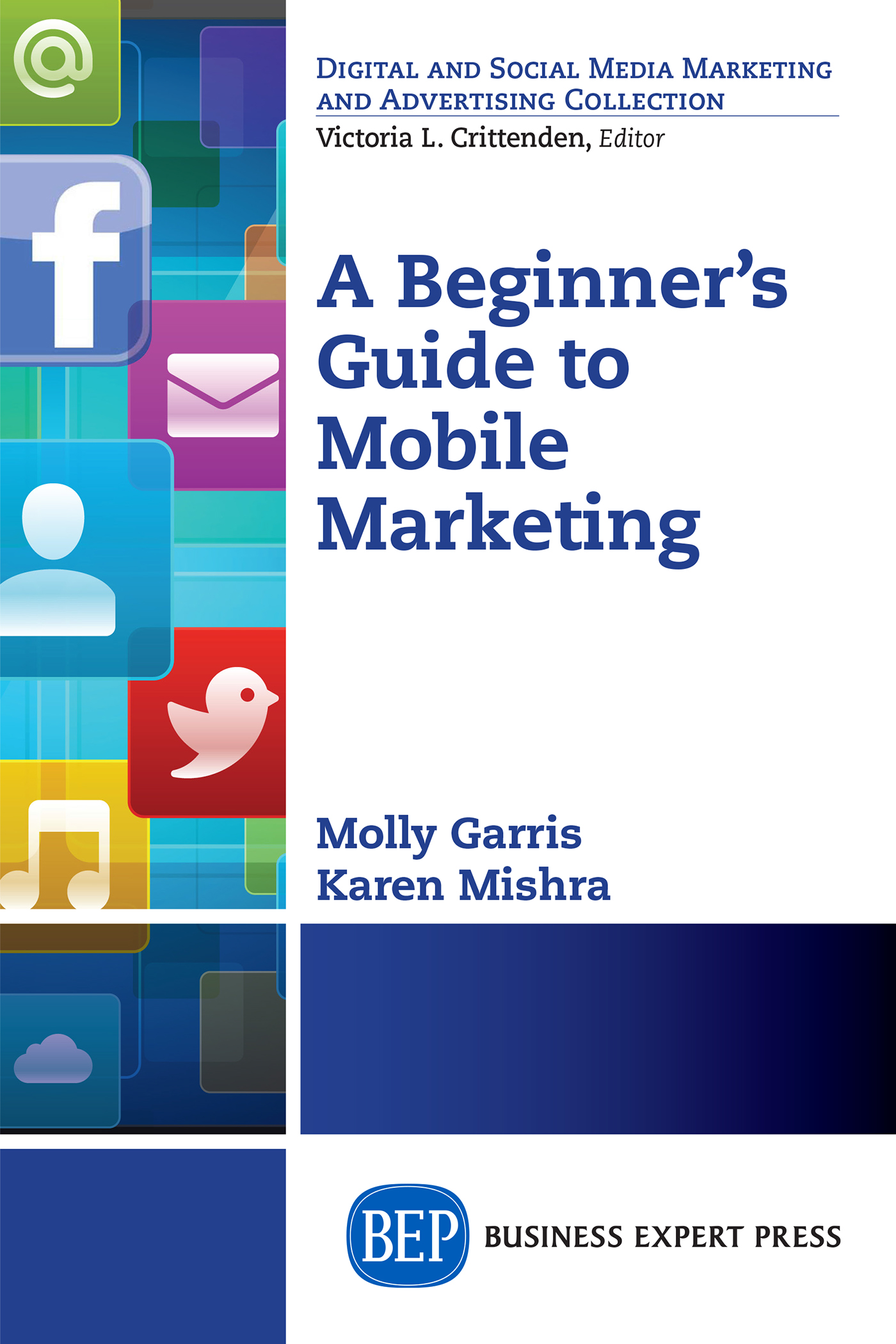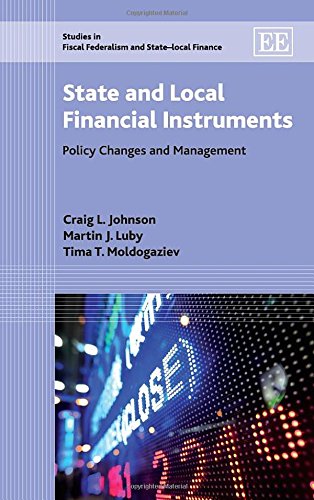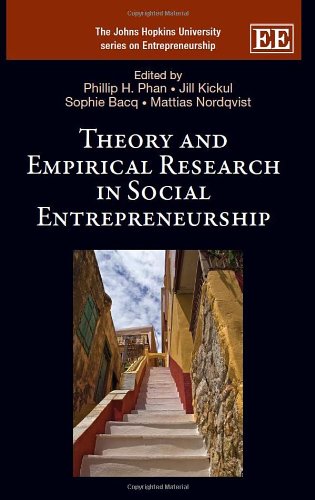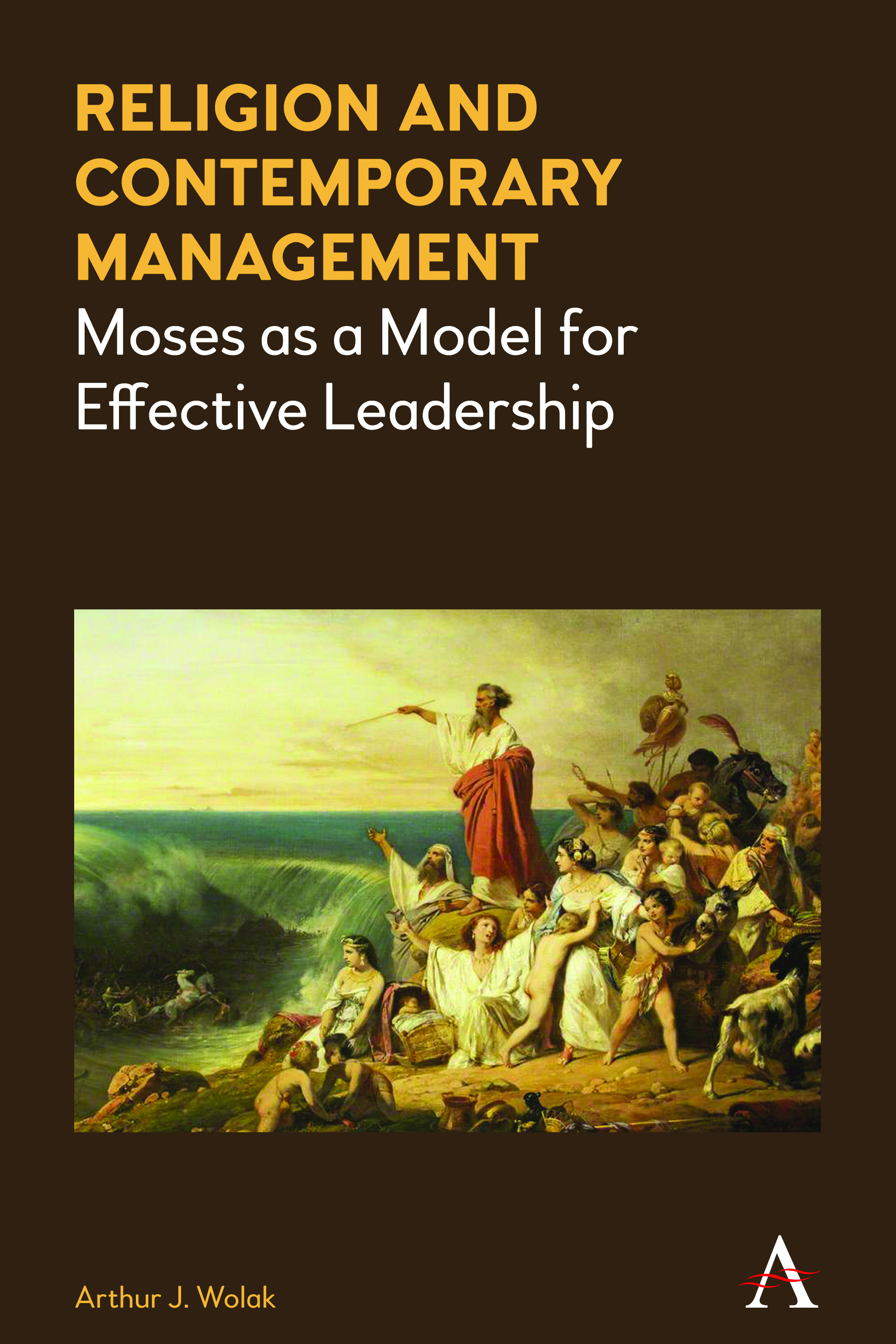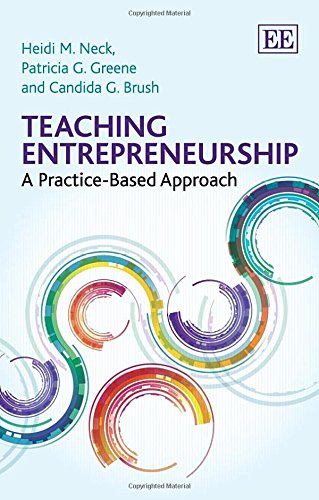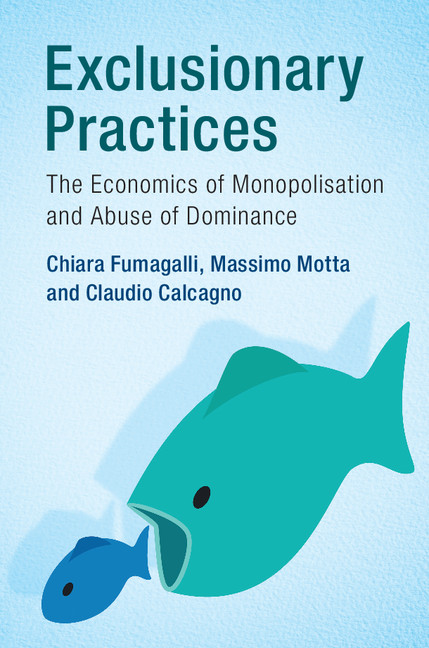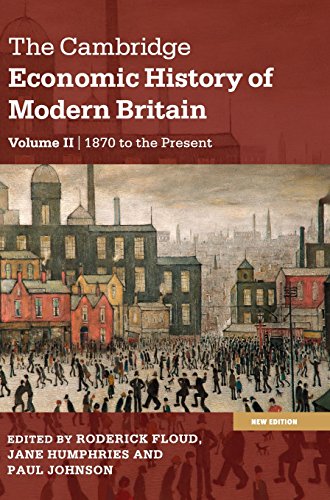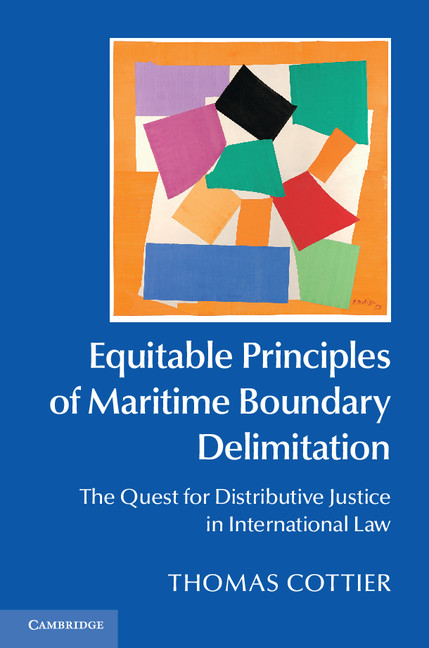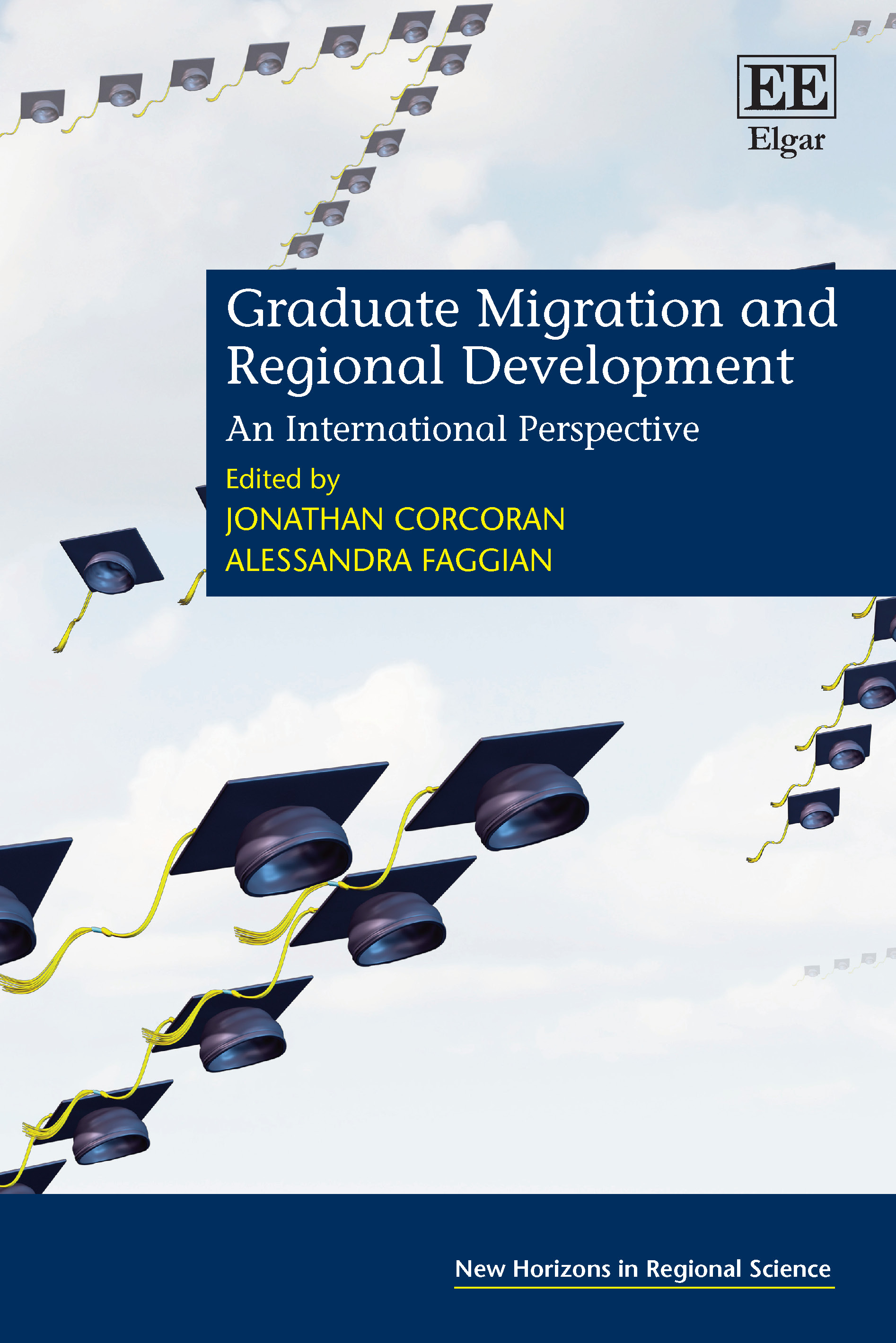Research Methods for Leisure and Tourism
Research Methods for Leisure and Tourism
In academics, a research methodology refers to the tool set of methods, practices, procedures and guidelines that a researcher applies to facilitate data collection concerning the research subject. In tourism research, there are commonly agreed-upon ...
Read more
In academics, a research methodology refers to the tool set of methods, practices, procedures and guidelines that a researcher applies to facilitate data collection concerning the research subject. In tourism research, there are commonly agreed-upon elements that must be accounted for by the methodology in order for the research to be taken seriously. In the end, though, every tourism research project has its own unique methodology, as defined by the party overseeing the research. The first element of a tourism research methodology is the working definition of the scope and objective of the research. A research project that lacks this element will be unfocused and sloppy and will not be respected by other scholars. The researcher must justify the project as original and valuable in an academic context by providing a literature review, which summarizes the material available on the subject and demonstrates a need for the current research project. All data collection falls into two categories: quantitative and qualitative. Quantitative data collection refers to the practice of obtaining large amounts of statistical information. A tourism research methodology should outline the methods by which such data will be collected. Common quantitative methods for tourism research include surveys, questionnaires and fixed-question interviews that are administered to tourism participants. The book provides a research reference and text for university academics, students, researchers and tourism practitioners involved in all aspects of tourism.
Less


